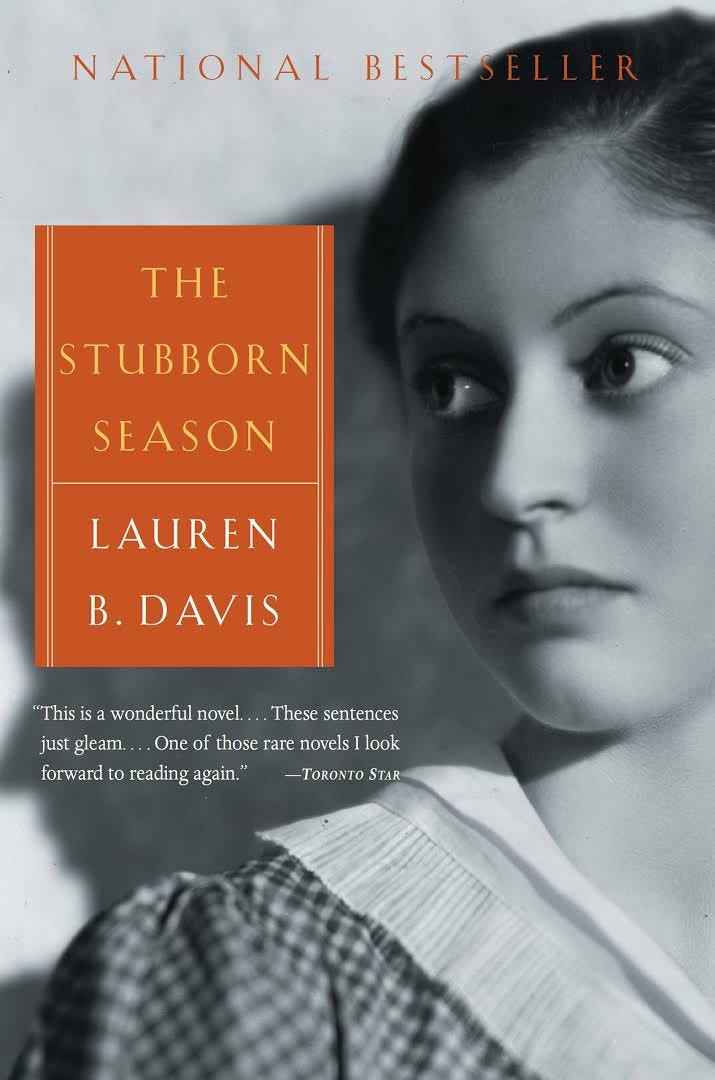A Refuge For The Broken-Hearted — Resist the madness
In 1945, in the magazine Politics, French Philosopher, political activist, and mystic Simone Weil warned us against “…the one that calls itself our protector and makes us its slaves. No matter what the circumstances, the worst betrayal will always be to subordinate ourselves to this apparatus and to trample underfoot, in its service, all human values in ourselves and in others.”

I read this, and I think about my mother. Because hey, if it’s not one thing, it’s your mother, right?
My mother, a tiny, beautiful, and brilliant woman, was mentally ill and dangerous. I was an only child. My father was a sentimental, secretive alcoholic. He dashed off to his first Alcoholics Anonymous meeting the night my mother came at him with a butcher knife. Okay, he left me in the house with the knife-wielding crazy woman, which can hardly be called great parenting, but he got sober. Sort of. That’s another story, though.
What’s pertinent here are the similarities I see between the life I lived, trapped in that house year after year, under the control of someone unpredictable, malignantly narcissistic, and psychologically manipulative, and the life we’ve all been living since January 20, 2025. My mother was meant to be the person who taught me how the world worked and how I should respond to that world. She was meant to keep me safe, fed, clothed, housed, educated, and loved.
What I was taught instead was that the world was perilous, focused on hurting me, and that one had to rage through life, to claw, lash out, and manipulate. My safety depended on navigating my mother’s pleasure and displeasure. She loved me if I made her feel good about herself. Her love was contingent on me giving her what she wanted, confirming her irrational paranoias, praising her, never contradicting her, and siding with her in her never-ending grievances and feuds. It was exhausting and never worked for long because it was never enough. Never. As a friend once said about his father, my mother was “a gaping chasm of insatiable need.” (I recommend you read that phrase with a deep Mississippi accent to get the full effect.)
Sound familiar?

Years ago, I wrote a novel called “The Stubborn Season” set in the 1930s (to protect the guilty) about my relationship with my mother and the rise of fascism, particularly in Canada. Even then, I recognized the similarity between the two. Writing a novel requires we see through the eyes of the various characters. The deep dive I did into my mother’s perspective gave me compassion for her and the blasted interior landscape of her mind. Must have been awful to live like that. I was also able to see that if I wanted to avoid the tragedy of her life, I was going to have to work to resist the lessons I was taught as a child. I did not have to be at war with the world, untrusting, self-protecting, self-centered, clawing for ego-gratification and power over others.
Recently, a friend told me about a conversation with a relative who praised the guy in the White House because he is “the only President in history who really understands how to stand with Israel.” My friend was horrified and didn’t understand how his relative could be so narrowly focused on only one side of the appalling conflict, so oblivious to the suffering inflicted on the innocent. His relative countered with a lot of “Whataboutism.” How irrational and brutal it all is.
Unless we understand that every one of us contains the seeds of both victim and brute, the face being crushed beneath the boot and the boot itself, I fear we will never stop being manipulated by those who revel in the worst of human nature.
Oh, beware the “protector” who gives us permission to trample all human values underfoot.
Resist it. Don’t believe the lies. The world doesn’t have to be this way.
Beautifully written as has this whole series of posts been.
I sooo related to Irene and her story and, at this juncture in history, am reminded of one very simple idea she expresses: “This year she would try, and things would be better.”